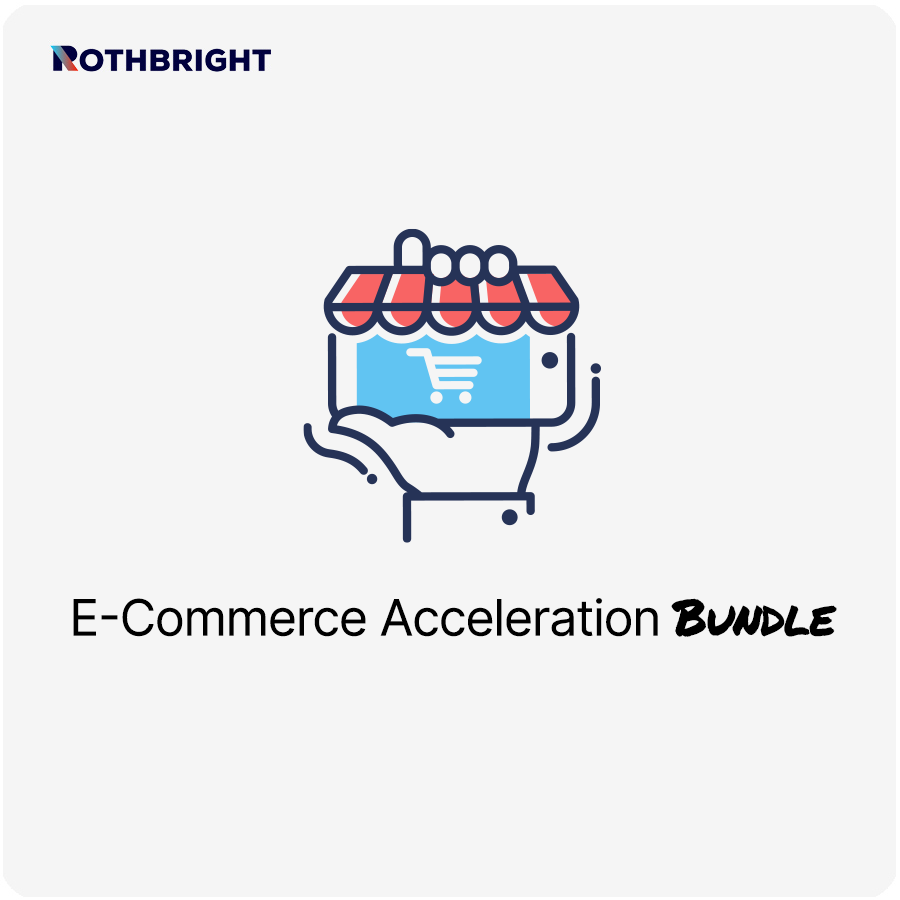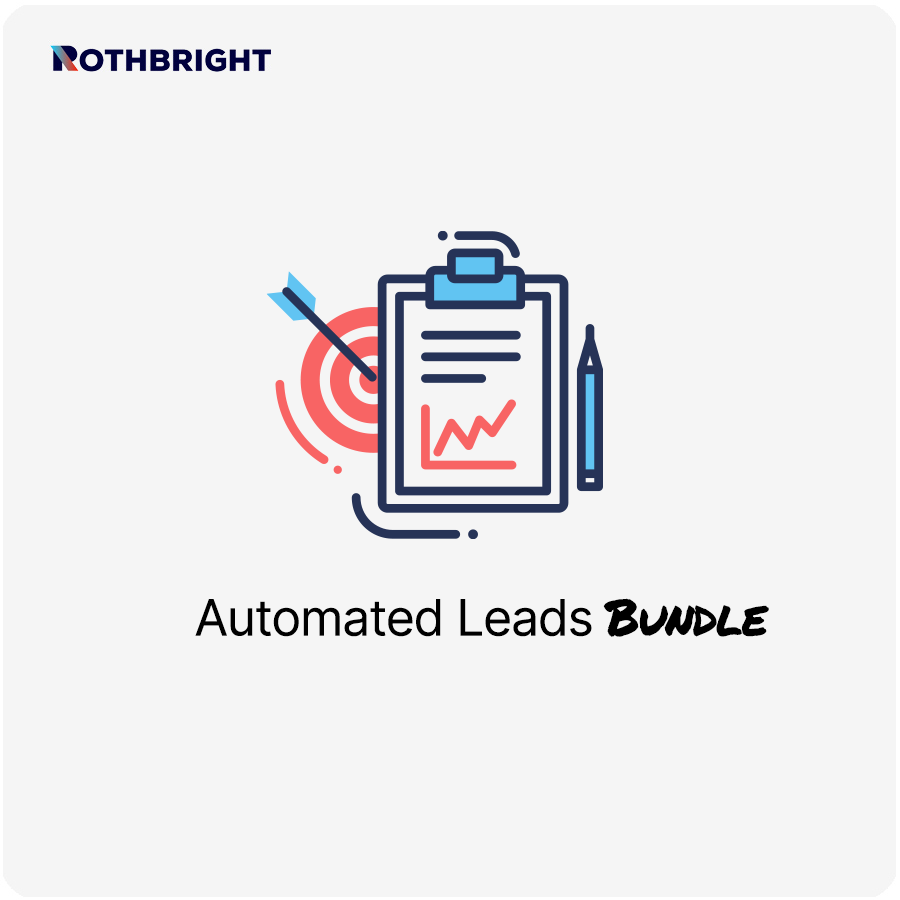E-commerce Set Up
E-commerce setup refers to the process of establishing an online store or digital platform where businesses can sell products or services to customers over the internet. It involves several key steps and considerations to ensure the successful launch and operation of an online store.
Here’s a comprehensive overview of the e-commerce setup process:
-
Define Your Business and Products/Services:
-
Clearly define the products or services you plan to sell online.
- Determine your target audience and market niche.
-
-
Choose an E-commerce Platform:
-
Select a suitable e-commerce platform such as Shopify, WooCommerce (for WordPress), Magento, BigCommerce, or others.
- Consider factors like ease of use, features, scalability, payment options, and pricing.
-
-
Domain Name and Hosting:
- Choose and register a domain name that represents your brand.
- Select a reliable web hosting service to host your website.
-
Design and Development:
- Customize your e-commerce store’s design and layout to align with your brand identity.
- Create product pages with high-quality images, detailed descriptions, and prices.
- Implement user-friendly navigation and intuitive user interface.
- Ensure mobile responsiveness for a seamless experience on smartphones and tablets.
-
Payment Gateway Integration:
- Set up a secure payment gateway to process online payments. Common options include PayPal, Stripe, Square, and others.
- Implement SSL (Secure Socket Layer) encryption to ensure secure transactions.
-
Shipping and Delivery:
- Define shipping options and rates for different regions.
- Integrate shipping carriers and logistics services for real-time shipping calculations and tracking.
- Implement delivery policies, including shipping times and return procedures.
-
Security and Privacy:
- Implement robust security measures to protect customer data and transactions.
- Regularly update and patch your e-commerce platform and plugins to address security vulnerabilities.
- Clearly outline your privacy policy, terms of service, and refund/exchange policies.
-
Marketing and SEO:
- Optimize product listings and website content for search engines (SEO) to improve visibility in search results.
- Plan and execute digital marketing strategies, including social media marketing, email marketing, and paid advertising.
- Implement product reviews and ratings to build trust with potential customers.
-
Testing:
- Conduct thorough testing of the website, including functionality, navigation, payment processing, and security.
- Test the website’s compatibility across various devices and web browsers.
-
Launch and Promotion:
- Launch your e-commerce website and promote it through social media channels, email newsletters, and other marketing channels.
- Monitor website performance, user behavior, and sales metrics.
- Gather customer feedback and make necessary improvements based on user experience.
-
Customer Support:
- Provide clear contact information and customer support options.
- Implement live chat, email support, or a helpdesk system to assist customers with inquiries and issues.
-
Ongoing Optimization:
- Continuously monitor website analytics to identify trends and customer behavior.
- Implement A/B testing for various elements (e.g., product descriptions, CTAs) to optimize conversion rates.
- Stay updated with e-commerce trends and technology to implement new features and improvements.
E-commerce setup is an ongoing process that requires regular maintenance, updates, and adaptation to market demands. By following these steps and staying customer-focused, businesses can establish a successful online presence and effectively sell products or services to a global audience.
What does an e-commerce specialist do:
An e-commerce specialist is a professional who specializes in managing and optimizing online retail businesses. Their role involves a wide range of tasks related to e-commerce operations, digital marketing, customer experience, and sales. Here’s what an e-commerce specialist typically does:
In summary, an e-commerce specialist is responsible for developing and executing e-commerce strategies, managing the online store’s operations, optimizing digital marketing efforts, enhancing customer experience, and ensuring the overall success of the online retail business. Their expertise contributes significantly to increasing online sales, customer satisfaction, and brand visibility.
Why is setting up e-commerce correctly so important
Setting up an e-commerce platform correctly is crucial for several reasons, as it directly impacts the success and sustainability of an online business. Here’s why getting the e-commerce setup right is so important:
-
Professionalism and Credibility:
- A well-designed and functional e-commerce website instills confidence in customers. A professional-looking site conveys trust and credibility, encouraging visitors to make purchases.
-
User Experience:
- A seamless and user-friendly website enhances the shopping experience. Intuitive navigation, fast loading times, easy checkout processes, and mobile responsiveness contribute to a positive user experience, reducing bounce rates and increasing conversions.
-
Security and Trust:
- Proper setup ensures the implementation of robust security measures, including SSL encryption and secure payment gateways. Customers need to trust that their personal and financial information is safe, leading to more confident transactions.
-
Optimized for Conversions:
- Correctly set up e-commerce sites are optimized for conversions. This includes strategic placement of product information, persuasive product descriptions, clear calls-to-action, and a streamlined checkout process. A well-optimized site increases the likelihood of turning visitors into paying customers.
-
Scalability and Growth:
- A correctly configured e-commerce platform is scalable. It allows businesses to easily add new products, manage increasing traffic, and handle a growing customer base. Scalability is essential for long-term growth and expansion.
-
Search Engine Optimization (SEO):
- Proper setup ensures the website is SEO-friendly. Optimized product pages, meta descriptions, and site structure contribute to better search engine rankings. Higher visibility in search results leads to increased organic traffic.
-
Data Collection and Analysis:
- Correct setup includes the integration of analytics tools. These tools provide valuable data on customer behavior, allowing businesses to make data-driven decisions. Understanding customer preferences and trends helps in refining marketing strategies and product offerings.
-
Compliance and Legal Requirements:
- E-commerce sites must comply with legal and regulatory requirements, including consumer protection laws, privacy regulations, and online transaction regulations. Proper setup ensures that the website meets these standards, avoiding potential legal issues.
-
Customer Service Efficiency:
- Efficient setup includes integrating customer service features such as live chat, email support, and FAQs. Quick and helpful customer service enhances the overall customer experience and resolves issues promptly, leading to higher customer satisfaction and loyalty.
-
Brand Reputation:
- A smooth, secure, and enjoyable online shopping experience contributes positively to a brand’s reputation. Happy customers are more likely to recommend the store to others, fostering a positive brand image and encouraging repeat business.
-
Competitive Edge:
- Correctly setting up an e-commerce platform allows businesses to stay competitive. A well-optimized, user-friendly, and secure website gives businesses an edge over competitors, attracting more customers and retaining existing ones.
In summary, setting up e-commerce correctly is essential for creating a positive customer experience, building trust, ensuring security, complying with regulations, optimizing for search engines, and fostering business growth. A properly configured e-commerce platform forms the foundation for a successful online business, ensuring that it operates efficiently, attracts customers, and achieves long-term profitability.





